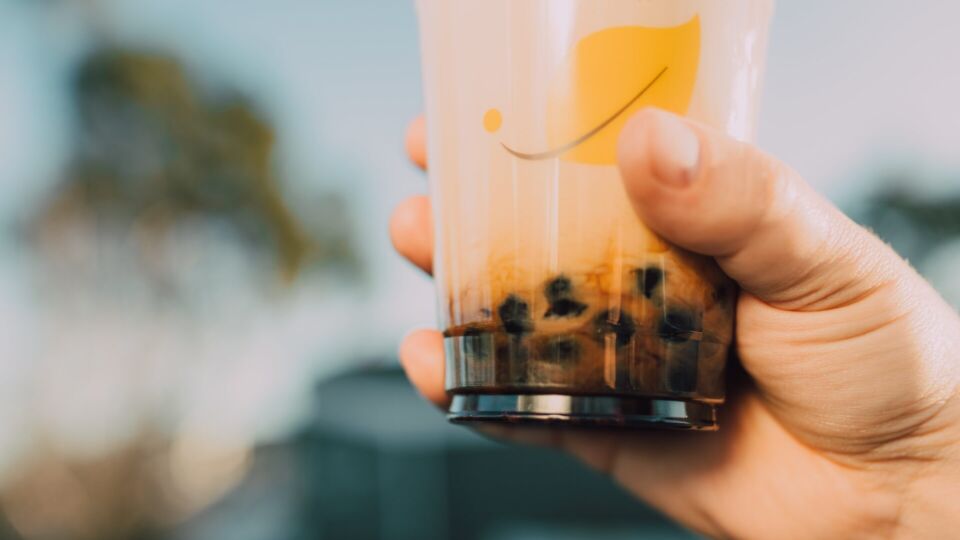In a world where the pursuit of the perfect boba tea has become a cultural pastime, Singapore is stirring up the tapioca pot with a new set of rules that are sure to make waves in the bubble tea universe. Brace yourselves, because the nation is about to spill the tea—quite literally—on those beloved, sugary concoctions.
The Singaporean government, fueled by concerns over sugar overload in those delightful cups of chewy goodness, is taking a bold step towards transparency in our favorite beverage choices. Imagine a world where your boba tea not only lifts your spirits but also reveals its sugar secrets. Welcome to the era of Nutri-Grade labeling, a color-coded grading system that’s about to become the talk of the town.
Starting Dec. 30, every freshly prepared drink in the nation must flaunt its Nutri-Grade badge, a culinary report card ranging from A to D. But this isn’t your ordinary grading system; it’s a sugar and saturated fat showdown. Drinks with a “D” grade, boasting the highest sugar content, will soon find themselves in the naughty corner—no advertisements allowed! It’s like putting a boba tea on a sugar-detox timeout.
Enterprising boba tea suppliers are already flexing their mixology muscles, scrambling to concoct the perfect brew that avoids the dreaded “D” grade. It’s a bittersweet symphony of flavors as they navigate the fine line between keeping the sweetness alive and steering clear of advertising restrictions.
But the sugar saga doesn’t stop at the storefront. The Nutri-Grade label will soon be a mandatory fashion statement for drinks in non-retail settings—yes, even in your office pantry. Schools and healthcare institutions are joining the labeling party, ensuring that even your midday pick-me-up has its sugar cards on the table.
For the small fry in the food and beverage scene, there’s a temporary pass. Businesses with revenues under a million dollars and fewer than ten food outlets get a sugar reprieve. However, for the big players and repeat offenders, there’s no escaping the sugar police. Non-compliance could mean fines up to S$1,000, and if you’re a real sugar rebel, brace yourself for fines up to two grand on subsequent offenses.
As Singapore takes the lead in this sugary revolution, one can’t help but wonder: will boba tea ever be the same again? It’s a brave new world where your favorite drink might come with a sugar report card, and the boba landscape is about to get a whole lot sweeter—or perhaps, a bit more sugar-conscious. So, buckle up, boba enthusiasts, because the sweet revolution is steeping, one Nutri-Grade label at a time.




